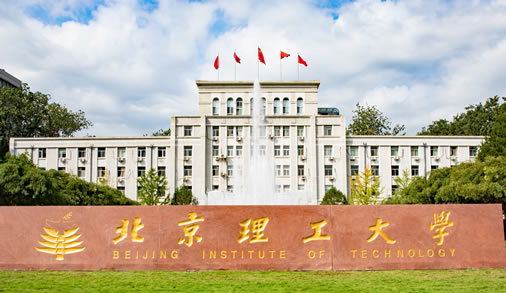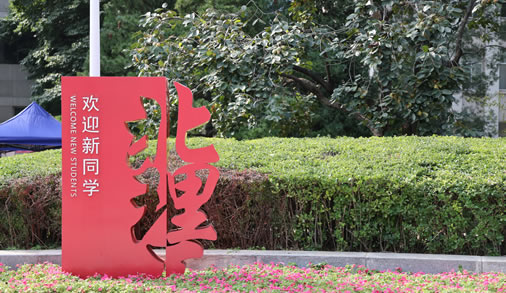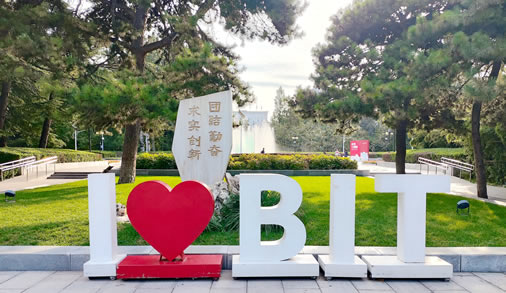

Updated: 2025-10-28
Beijing Institute of Technology (BIT)'s "Yunqi: AI Empowered High-Risk Combustion and Explosion Practice Teaching: A Smart Practice Teaching Platform Based on Virtual-Real Integration" was recently selected in the third batch of typical cases for "AI + Higher Education" application scenarios, according to the list announced by the Ministry of Education.
This marks the third time that BIT's cases have been selected for the list. Nationwide, only 10 universities have been selected for all three batches.
The "Yunqi" platform is an innovative platform focused on high-risk combustion and explosion practice teaching. It is based on the National Key Laboratory of Explosion Science and Technology at BIT and centers around the core concept of "Science + VR."
The platform innovatively integrates "AI + VR" technology into the practice teaching of safety disciplines, reconstructing the triadic teaching relationship between "teacher-student-machine". This creates a smart teaching system that transitions "from micro to macro, from virtual to reality”, successfully addressing the three core challenges of traditional high-risk combustion and explosion experiment teaching: difficulty in practical operation, difficulty in visualizing mechanisms, and difficulty in resource coordination.

To achieve the goal of "safely conducting high-risk experiments and deeply understanding complex mechanisms", the platform builds a support system from two aspects: technology development and resource integration. On the cloud, two independently developed tools are created: the "ChatSOS" AI teaching assistant, based on professional knowledge graphs and large language models, and the "Manta VR" immersive teaching tool, which integrates multimodal perception and AIGC technology.
The platform collaborates with over 10 universities to integrate experimental teaching resources across campuses, overcoming time and space limitations. It constructs a "Science + VR" smart practice platform that covers the entire process from "molecular reactions to disaster evolution to safety accident assessment". In high-risk professional teaching scenarios, it pioneers the creation of a triadic "teacher-student-machine" collaborative relationship, achieving an integrated teaching loop of "AI + simulation + assessment".
The platform has already been promoted and applied in over 10 universities, transforming high-risk experimental teaching from "too risky to conduct and hard to understand" to "safe to conduct and well-mastered". It has been recommended twice by the Higher Education Department of the Ministry of Education and showcased at the Global MOOC and Online Education Conference 2024 as well as the 2025 World Digital Education Conference, presenting to the world a new paradigm for future experimental classrooms developed by BIT.














